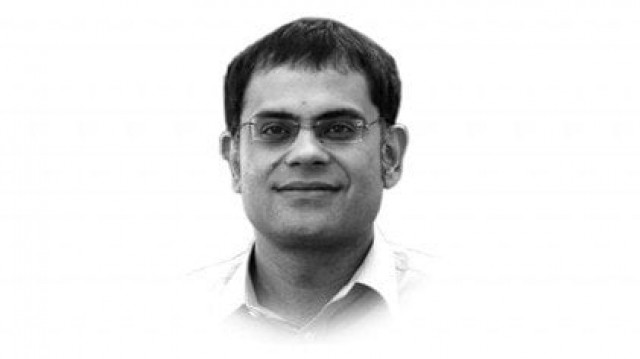Stop Lahore’s Talibanisation

Prior to 1947, Lahore was a cosmopolitan city with a discrete culture of inter-faith harmony, with a reputation for the best education and socio-cultural movements. After its provincialisation, the resilient city re-emerged as a vibrant centre of progressive politics, avant-garde art and extraordinary literature. Since the 1980s, Lahore is a city with formidable infrastructure and boasts of great public spaces, especially parks. The innate openness and tolerance of this metropolis could not be subjugated by growing extremism.
Given its reputation, putting this city under siege will be a major victory for the extremists. The low-intensity attacks are dangerous and call for a concerted campaign by all those who wish to see a prosperous and moderate Pakistan. I could be accused of Punjab-centric here but surely I will not be chided for naiveté. The greatest threat to Pakistan’s survival comes from within. Militant groups seemingly out of control, and dwindling state capacity to fight them, haunt our future. Add to this the economic meltdown when we ought to be creating millions of jobs for the youth. Yet, denial appears to be our collective response.
First, the confusion about political Islam continues. Democratic politics is being demonised unabated by media and unelected state institutions, paving the way for a vacuum. Anti-Americanism is diluting the impact of crackdowns against banned outfits. It is therefore imperative to deepen Pakistan’s democratic spell and hold politicians accountable without making them look like villains.
Punjab is now the new playfield for terrorists and institutions will have to collaborate to clean Pakistan through democratic means. Madrassa-education reform and enhancing the capability of criminal justice institutions is key to a solution. Political mobilisation against extremism is also the need of the hour. This is time for tough action and political consensus. Blaming drones, Blackwater and the Indians is simply not enough.
Published in The Express Tribune, July 20th, 2010.















COMMENTS
Comments are moderated and generally will be posted if they are on-topic and not abusive.
For more information, please see our Comments FAQ